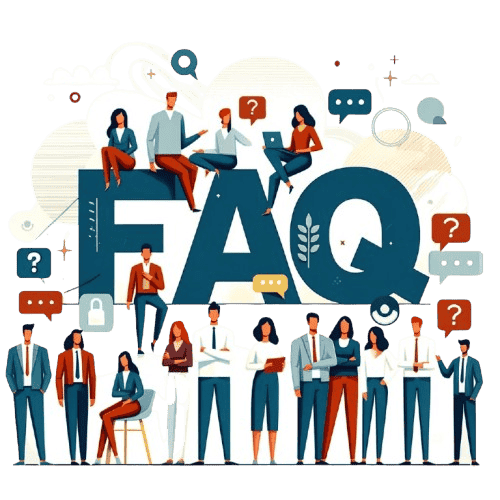Our team will guide you in choosing the right loan, navigating the application, and ensuring you understand every step with confidence.
We protect your rights by reviewing loan terms, checking contracts, and ensuring the agreement is transparent and fair.
We streamline the application process, helping you submit the necessary documents and ensuring smooth approval and signing.
With our legal assistance, you'll avoid hidden fees and ensure the loan terms align with your best interests and financial goals.

At Legals365, we understand that we are operating in an increasingly dynamic environment. As such, we have continuously evolved our strategy to maximize opportunities in an interconnected, digital world. Leveraging our expansive global network, we are committed to meeting the changing legal needs of millions of customers across borders. Our adaptive approach ensures that we stay ahead in delivering accessible, efficient, and innovative legal solutions tailored to the demands of a digital age.
Check out the Frequently Asked Questions about "Home Loan".
